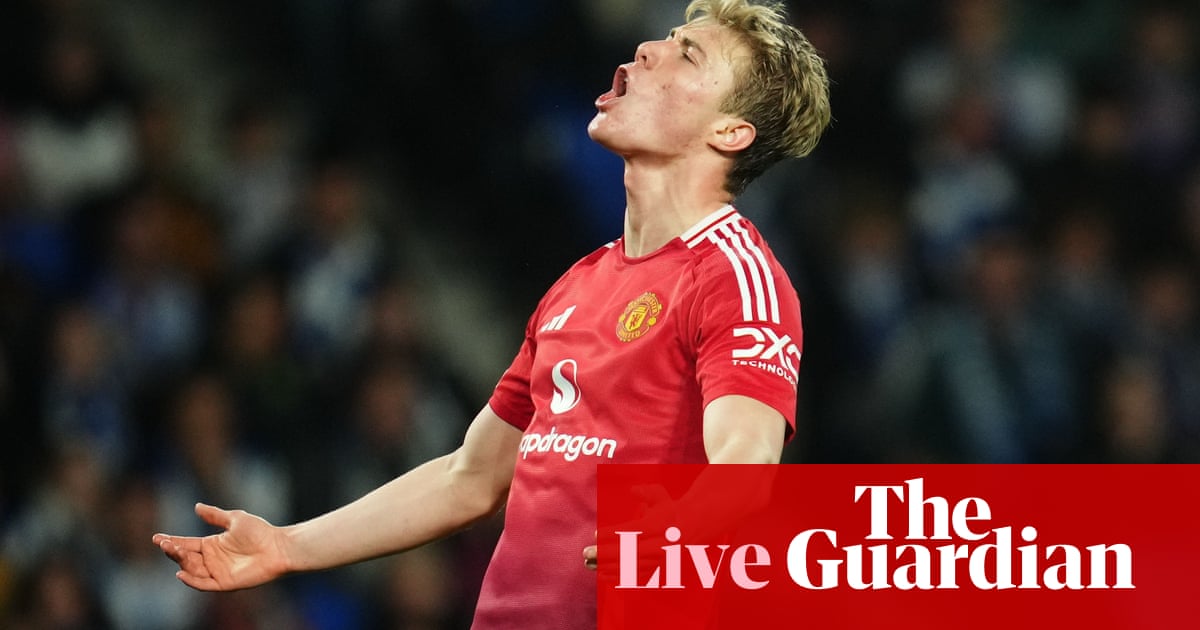The wealth divide across European football: A crisis of competitive balance – Trinity News

The European football landscape is facing a crisis of competitive balance, with the financial dominance of elite clubs undermining the unpredictability of the sport. This issue is not only disrupting competitive balance in Europe’s major leagues but is also acutely affecting Irish football, both domestically and internationally. In the 2022/23 season alone, the top 20 European football clubs earned over €10 billion with Real Madrid generating €831.4 million. This vast financial power of a select number of clubs creates a “virtuous circle” where the wealth is concentrated at the top leaving the smaller clubs in their wake.
Domestic leagues across Europe reflect this imbalance. For example, only three different clubs in each of La Liga and the Bundesliga have been crowned league champions in the past two decades. Bayern Munich have created an all-powerful monopoly in the Bundesliga where it seems as though all the other clubs are almost just feeder teams for the German heavyweights as top rival players over the last number of years have been snapped up by them, such as Lewandowski from Dortmund.
The league of Ireland, despite recent improvements and backing from the likes of Virgin Media, remains hugely underfunded when compared to the top-level football leagues of other countries in Europe. Irish clubs simply cannot compete with Europe’s footballing giants. The league of Ireland has struggled to attract meaningful investment. Recently Shelbourne, last year’s Irish league champions, played their season opener against Derry City. It was the first live game Virgin Media were showing as part of their new TV broadcasting deal with the league. At half time of the game, there was a power outage which delayed the restart by over an hour which was a slight embarrassment for the league on its big opening night. Incidents like this highlight the ongoing infrastructural issues within the League of Ireland, reinforcing the urgent need for greater investment to bring the domestic game up to modern professional standards
The League of Ireland has long grappled with a severe lack of funding from both the government and private sectors, leaving it trailing behind other European football leagues. In 2018, Irish government expenditure on recreational and sporting services was €310 million, representing just 0.4% of total government spending which was half the EU average of 0.8% (rob, 2020). The consequences of this underinvestment are clear to see. League of Ireland stadiums are outdated and in dire need of modernization. For example, the redevelopment of Dalymount Park has seen very sluggish progress due to funding challenges. Such inadequate facilities not only deter fans but also hinder the league’s growth and the development of local talent.
The financial struggles of clubs like Dundalk FC exemplify the broader issues within the league. In 2024, Dundalk faced significant financial difficulties, including unpaid wages and the threat of insolvency, underscoring the precarious financial footing of clubs operating in an underfunded league (O’Connor, 2024). Without increased and sustained investment, the League of Ireland risks falling further behind its European counterparts, limiting opportunities for players and diminishing the domestic appeal of the sport.
The disparities of wealth in European football is not just a problem for the biggest leagues – it’s a reality that continues to hold back Irish football. Without better financial structures, investment in infrastructure, and fairer revenue distribution, the League of Ireland will struggle to grow and ultimately its clubs will remain in the peripheries on the European stage. Football thrives on unpredictability, but if the financial gap continues to widen, the sport risks becoming a closed shop where only the wealthiest clubs can succeed.
References:
rob (2020). The Sporting Year Ahead 2023. [online] Sport for Business. Available at: https://sportforbusiness.com/the-sports-economy-how-does-ireland-rank-for government-support/.
O’Connor, S. (2024). Dundalk owner admits club is in ‘financial difficulties’ and are fighting to ‘carry on for the remainder of th. [online] Irish Independent. Available at: https://www.independent.ie/sport/soccer/league-of-ireland/dundalk-owner-admits club-is-in-financial-difficulties-and-are-fighting-to-carry-on-for-the-remainder-of-the season/a1987922748.html [Accessed 21 Feb. 2025].
Related
Barcelona and Bayern Munich ‘offered the chance to sign Neymar…
Neymar made an emotional return to his boyhood club Santos last monthThe 33-year-old has been linked with a European football comeback next term L
European reaction, Premier League team news and more: football –…
Key eventsShow key events onlyPlease turn on JavaScript to use this featureSouthampton: With the teams separated by 52 points, Southampton face a daunting weeke
Ineos plan for Manchester United is putting them at odds…
Sir Jim Ratcliffe is making another round of redundancies at Manchester United but the sharp drop in staff is at odds with European rivals who are adding to the











